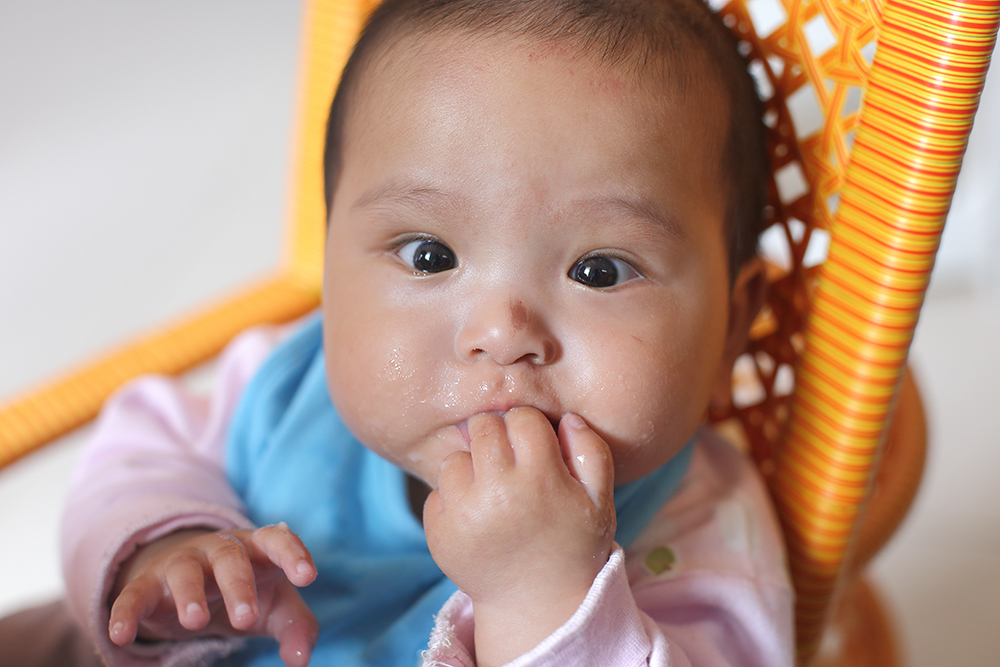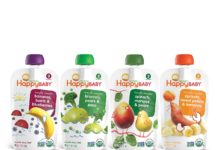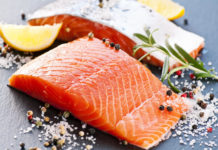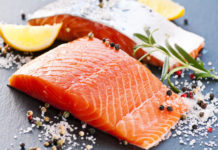
Baby food pouches are a convenient, child-friendly way to feed your child purees. They’re especially handy for on-the-go meals, since busy parents can throw a few in the diaper bag.
And although purees in pouches aren’t an adequate substitute for fresh fruit and veggies, they still have a decent amount of nutrition and can provide much-needed vitamins and minerals—which is especially important for children with feeding difficulties, says Natalia Stasenko MS, RD. Indeed, many pouches tout kale, quinoa, and other superfood ingredients.
However, Stasenko warns, you shouldn’t rely on baby food pouches for every meal. You should also stop serving them once Baby moves onto “real” foods instead of purees. Here are four potentially negative effects of baby food pouches, with advice for using them in a healthy way.
Harmful Effects of Baby Food Pouches
Labels may be misleading. Even if the front label proudly proclaims ingredients like kale and quinoa, rest assured that the ingredient list (the smallish print next to the nutritional information on the back) will start with a cheaper component—apple, pear, or carrot puree in most cases. This cheaper puree provides the bulk of the pouch's contents, according to a June 2018 article from The New York Times. How much quinoa or kale is in there? You may never know, since the manufacturers aren't required to declare the percentages. (But some brands have the ingredients listed on the packages or their website).
Pouches don’t promote oral development. Pouches encourage sucking—something that babies do very well already, says Stasenko. They should be learning about chewing and swallowing instead. “In my nutrition practice, I have seen many babies ‘stuck’ in a puree phase. They had trouble progressing to lumps and finger foods because the parents relied on pouches for too long. Their child missed the window of opportunity to learn how to handle varied textures and self-feed,” she says. Studies show that the late introduction of lumpy food has been associated with feeding problems in the future.
Pouches might cause picky eaters. Purees from pouches do not help to expand the palate. Most of them taste sweet—even those with kale, spinach, whole grains, and other generally not-sweet tasting ingredients. Kids already love sweet tastes, so parents should help babies develop a taste for the foods they do not like yet, such as savory vegetables, grains, and meats.
Kids learn to eat for comfort. When a child is crying, it’s easy to give them a baby food pouch to calm them down. But this encourages kids to eat even if they aren’t hungry, which might lead to an unhealthy relationship with food in the future.
Best Practices for Baby Food Pouches
Purees in pouches can be a nutritious addition to kids' diets and a life-saving solution for parents. But it’s important to integrate them mindfully so you don’t compromise the development of eating skills and taste preferences. Here are some tips for using baby food pouches in a healthy, effective way.





